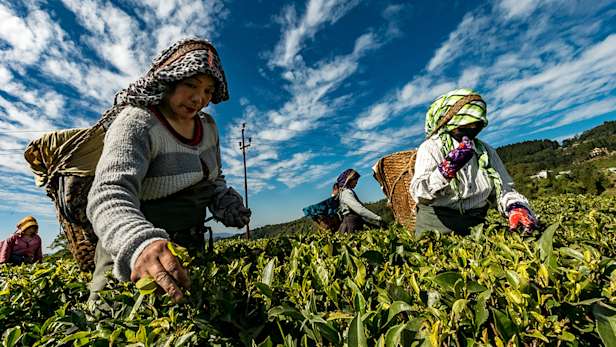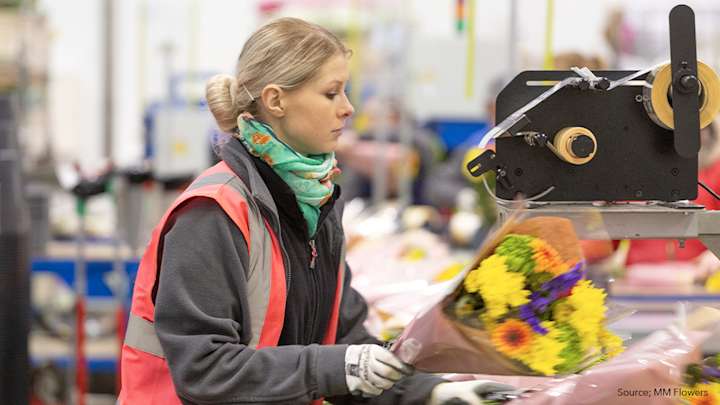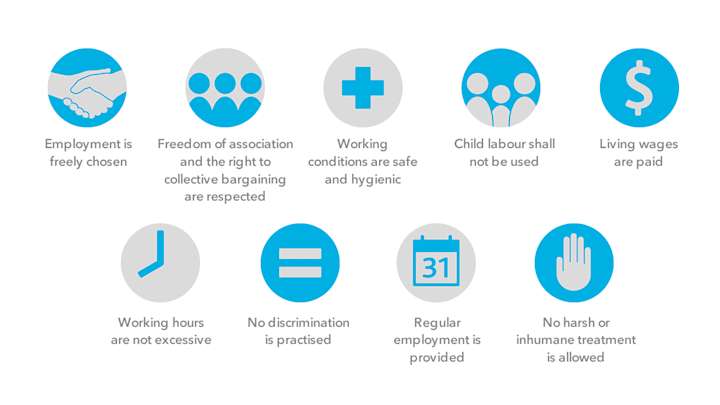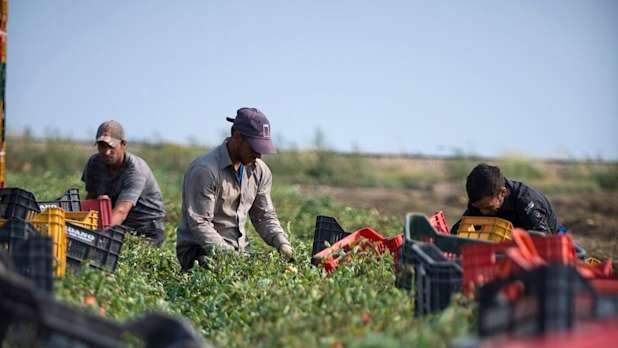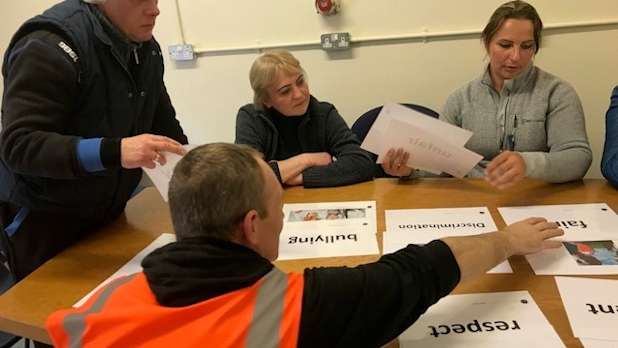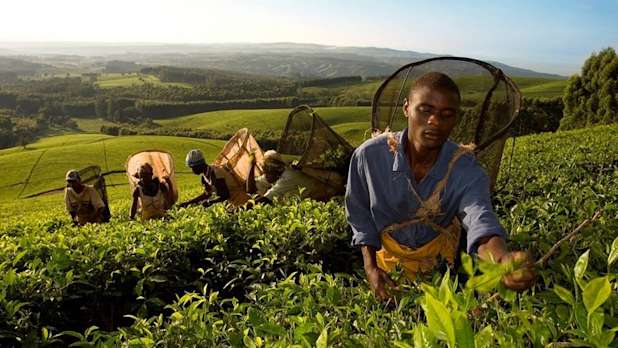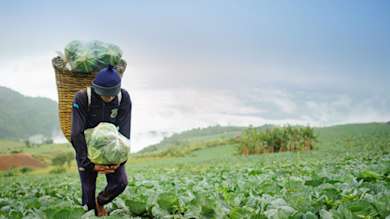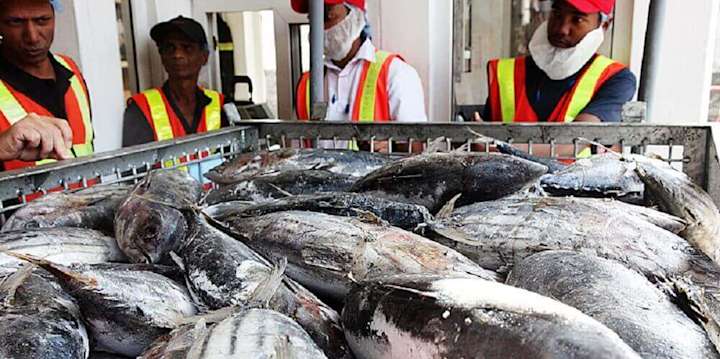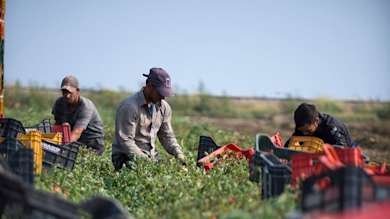Ethical Trade and Human Rights Policy Position Statement
A Co-op-wide approach to protecting the fundamental rights of workers in our supply chains. These rights cover all international labour rights, including protection from forced labour, modern slavery and harsh or inhumane treatment. The UN Guiding Principles on Business and Human Rights informs the way we address our responsibilities to protect and respect human rights associated with our operations.
